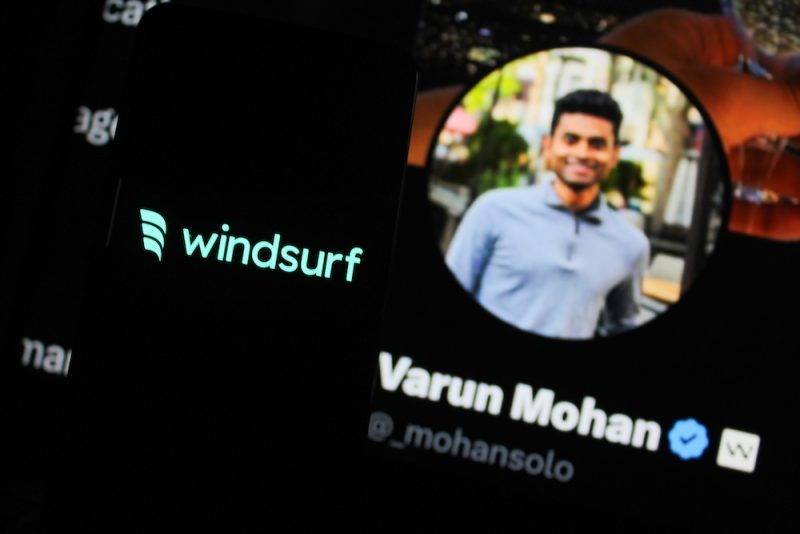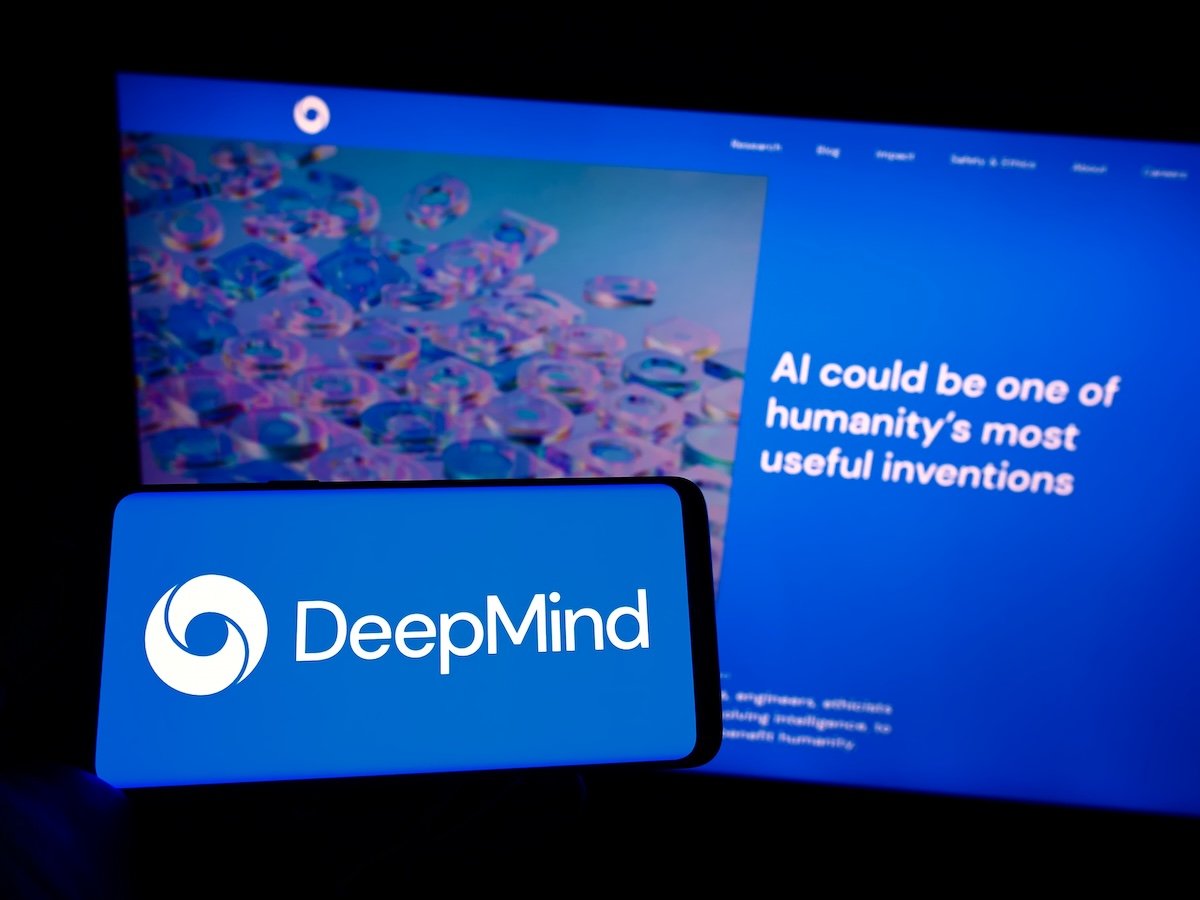Google has signed a non-exclusive licensing agreement with Windsurf in a deal worth $2.4 billion. Windsurf is one of the fast-growing AI coding-assistant startups. This happened just after the exclusivity window on OpenAI’s proposed $3 billion takeover expired.
The pact will let Google incorporate select Windsurf technology into Gemini-powered “agentic coding” products while the startup remains independent. A Google spokesperson, Chris Pappas, told The Verge that the incoming Windsurf talent will “advance our work in agentic coding,” confirming that CEO Varun Mohan, co-founder Douglas Chen, and several R&D engineers are joining Google DeepMind.
Meanwhile, Jeff Wang moves up to interim CEO at Windsurf and Graham Moreno becomes president.
But why did OpenAI’s $3 billion takeover attempt fall in the first place? Reporting by The Wall Street Journal, points to a thorny clause in the 2019-23 Microsoft–OpenAI partnership that grants Microsoft broad rights to OpenAI-controlled intellectual property. Had OpenAI acquired Windsurf, the startup’s code-generation technology would likely have flowed straight to Microsoft, where it could have been folded into GitHub Copilot, a direct competitor to Windsurf’s own tool.
The only way the takeover would have worked would have been if Microsoft waived those rights, a concession the Redmond giant had little incentive to make, thus effectively scuttling the deal.

Why the deal matters
Generative-AI coding assistants are one of the hottest battlegrounds in software. They are the reason “vibe coding” is gaining traction.
Microsoft’s GitHub Copilot opened a free tier last year available to its 150-million-strong developer community, showcasing the category’s massive reach.
VC-backed rival Cursor (built by Anysphere) raised $900 million last month at a $9.9 billion valuation led by Thrive Capital, Accel, and Andreessen Horowitz.
Before OpenAI set its sights on Windsurf, it quietly probed another fast-rising contender: Cursor. According to two people briefed on the outreach, the ChatGPT maker approached Anysphere, Cursor’s parent company, late last year to explore a possible buyout. When Cursor’s popularity spiked again this year, OpenAI came knocking once more, yet the renewed overture stalled just as quickly, per CNBC.
Inside Windsurf
Founded in 2021 by MIT classmates Mohan and Chen, Windsurf (originally called Codeium) has backing from Founders Fund, General Catalyst, Greenoaks, and Kleiner Perkins. It was last reported to be raising fresh capital at a $2.85 billion valuation earlier this year.
Only a slice of Windsurf’s brain-trust (Mohan, Chen + a handful of researchers) is decamping to DeepMind; roughly 250 staff stay put under interim CEO Jeff Wang. This has raised questions about retention packages, stock-option repricing, and culture now split across two organizations.
Broader implications
The Windsurf flip highlights the intensifying platform war among Google, Microsoft, and OpenAI. Google gains talent and tech without paying acquisition multiples. Windsurf preserves independence. OpenAI must reassess its inorganic strategy. Investor pressure mounts over costly model training and uncertain revenue share with Microsoft.

